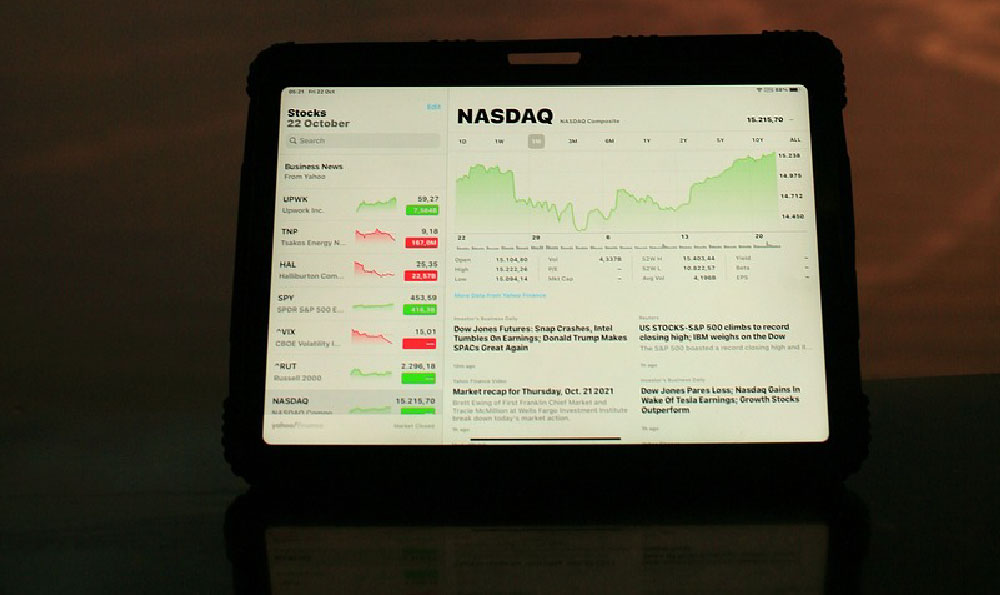In the ever-evolving digital landscape of 2024, TikTok has emerged as a powerful platform for content creators and entrepreneurs to generate income, blending creativity with strategic monetization. Success on this app, however, doesn't hinge on luck alone; it requires a nuanced understanding of the platform's dynamics, audience behavior, and the evolving monetization ecosystem. Whether you're a novice or a seasoned creator, leveraging TikTok's unique features to build a sustainable revenue stream involves more than just producing engaging content—it demands a thoughtful approach to branding, audience engagement, and financial planning.
One of the most effective ways to monetize TikTok is through strategic content creation that aligns with both creator goals and audience interests. The platform's algorithm favors authenticity and relatability, which means creators must focus on delivering value rather than chasing views. For instance, educational content such as tutorials, product reviews, or behind-the-scenes insights not only fosters trust but also opens doors to brand partnerships. Similarly, entertainment-driven content like challenges, duets, or comedic sketches can rapidly grow a creator's following, creating opportunities for sponsored collaborations. The key lies in identifying a niche where long-term engagement is possible, ensuring that the content remains relevant and consistently high-quality.
Brand collaborations have become a cornerstone of TikTok monetization, offering creators direct financial compensation for promoting products or services. In 2024, brands are increasingly relying on TikTok influencers to connect with younger demographics, making it essential for creators to build a strong personal brand. Establishing credibility through consistent posting, active community interaction, and a clear value proposition can attract brand attention. Additionally, creators should be mindful of the terms of these collaborations, ensuring transparency and alignment with their personal brand. It's crucial to avoid overcommitting to partnerships that conflict with core values, as this can alienate the audience and harm long-term trust.

TikTok's integrated e-commerce features, particularly the launch of TikTok Shop in 2023, have revolutionized the way creators monetize their content. This feature allows users to promote products directly within the app, leveraging their audience's engagement to drive sales. For instance, creators can collaborate with brands to feature products in their videos, guiding viewers to purchase through in-app shopping links. This not only provides a direct revenue stream but also reduces reliance on third-party platforms. However, success in this arena requires a deep understanding of product selection, pricing strategies, and customer service. Creators should invest time in researching products that resonate with their audience, ensuring they meet quality and relevance standards.
Live streaming has also evolved into a significant source of income, offering creators the chance to monetize through virtual gifts, subscription models, and direct sales. In 2024, the platform has introduced new tools to enhance live streaming experiences, such as interactive features that allow viewers to engage in real-time. Creators can leverage these tools to build a loyal community, fostering a sense of connection that encourages repeat viewership. Additionally, live sessions provide an opportunity to showcase products, answer questions, and create a more personal interaction with the audience. However, sustaining a live streaming career requires consistent effort, including developing a schedule, maintaining high energy, and engaging with viewers effectively.
Beyond these primary methods, creators can explore niche monetization strategies such as affiliate marketing, where they earn a commission for promoting products through unique referral links, or creating paid content through TikTok's subscription feature. These options offer flexibility, allowing creators to tailor their income streams to their strengths and audience preferences. For example, a creator with a strong educational focus might offer exclusive tutorials or Q&A sessions for subscribers, while those with entertainment content can monetize through exclusive challenges or behind-the-scenes access.
Navigating the financial aspects of TikTok monetization also involves understanding legal and tax implications. Creators should familiarize themselves with the platform's policies regarding sponsored content, ensuring compliance and avoiding potential penalties. Additionally, consulting with a financial advisor or accountant can help creators manage their income effectively, ensuring tax efficiency and financial stability.
Ultimately, the key to successful TikTok monetization lies in patience, adaptability, and a long-term vision. While quick wins may be tempting, building a sustainable income requires consistent effort, strategic planning, and a genuine connection with the audience. By focusing on creating value, fostering engagement, and exploring diverse monetization avenues, creators can unlock their full potential and achieve financial success within the TikTok ecosystem.












